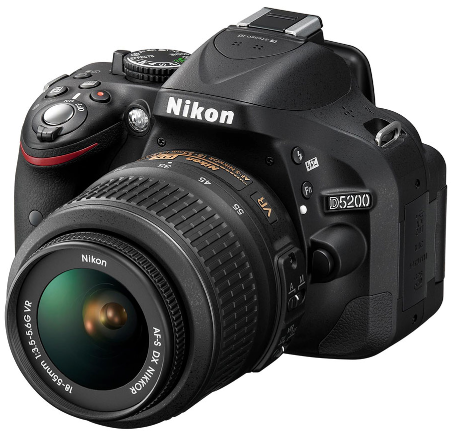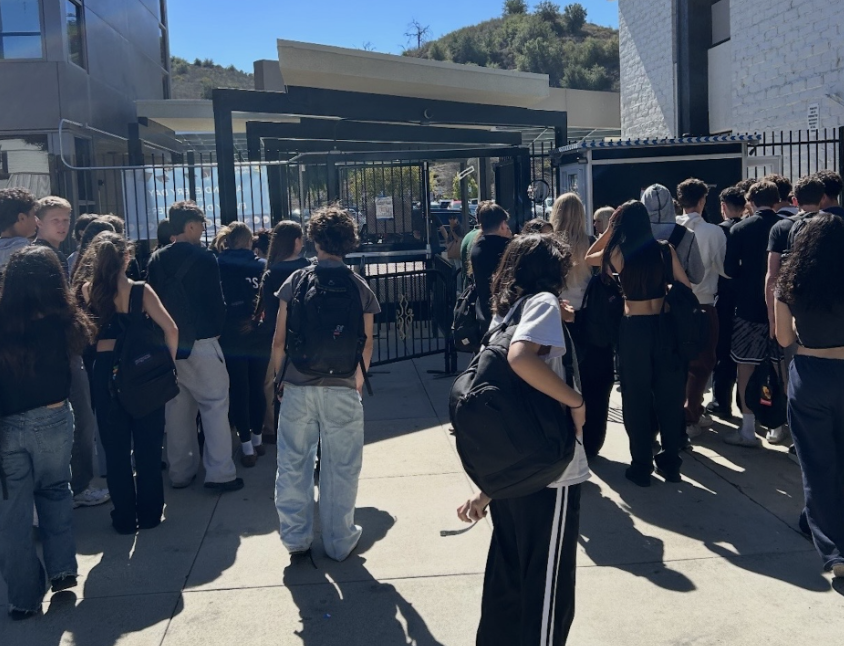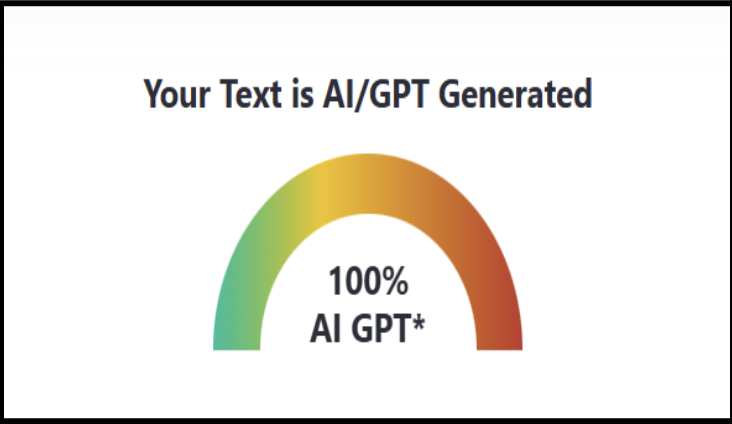Whether one turns the pages of a magazine or flips through the channels on television, images of celebrities are everywhere. Paparazzi constantly surround celebrities, not only invading their personal space but also pushing the limits of freedom of press. Recently the Anti-Paparazzi Law in California, a law which helps create a firm boundary between the publicity of a celebrity and his or her personal life, was ruled constitutional. This law will allow celebrities to maintain a sense of privacy, reduce physical and verbal harassment and provide protection for both paparazzi and celebrities.
Oftentimes, a celebrity’s sense of privacy is undermined by the paparazzi, as they take small mistakes and blow them out of proportion. Many paparazzi provoke celebrities with verbal harassment in order to produce a scandal. In an incident at the Los Angeles International Airport in September 2008, rapper Kanye West assaulted a photographer who harassed him and destroyed the paparazzo’s camera. West was charged with one count of vandalism, grand theft and battery by the Los Angles City Attorney’s Office, yet the photographer never received punishment.
“[Although I love being on camera], I didn’t strive to have flashbulbs at dinner or people who don’t know me calling TMZ,” said Lindsay Lohan to US Weekly. “I feel bullied [by the paparazzi].”
With the Anti-Paparazzi Law, both celebrities and paparazzi will be out of danger. In 1997, Princess Diana died in a car crash in an attempt to escape the paparazzi. In a reverse role, a photographer died in a car crash while taking a picture of Justin Bieber. Because the paparazzi will be prohibited from following celebrities so closely, future deaths can be prevented.
“Paparazzi will do anything to get a picture of a celebrity, sometimes even endangering their lives or the lives of others around them,” said junior Nathan Heider. “With better protection of celebrities under the law, the roads of Los Angeles will be safer for everyone.”
The constant scrutiny of a camera is also detrimental to romantic interests, resulting in the downfall of a celebrity’s relationships. In other cases, paparazzi corrupt child stars’ innocence, as seen in cases such as reality television star Alana Thompson, otherwise referred to as Honey Boo Boo. With constant interviews and the press exploiting the television star’s life, Thompson is denied a normal childhood.
This law will successfully reduce unwelcome publicity, harassment and danger amongst the media. With a balance between privacy and publicity, the Anti-Paparazzi Law will allow celebrities to live lives away from the flashing lights of the camera.








